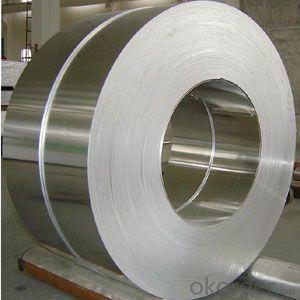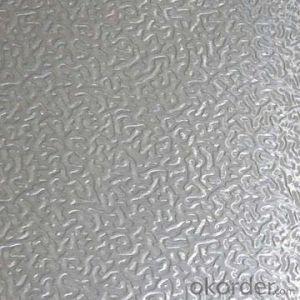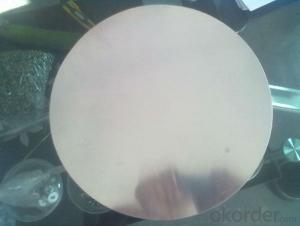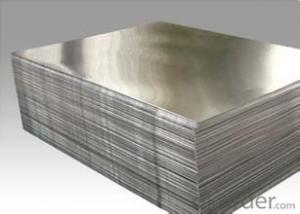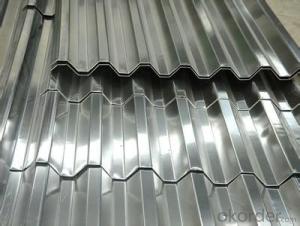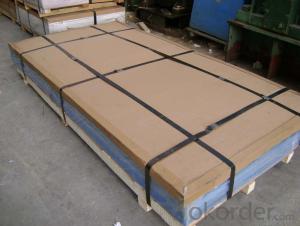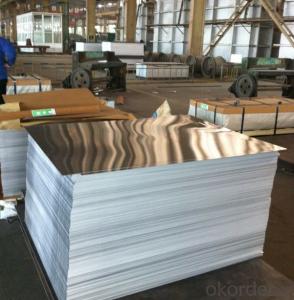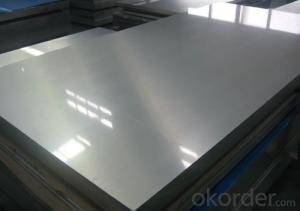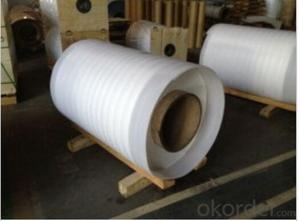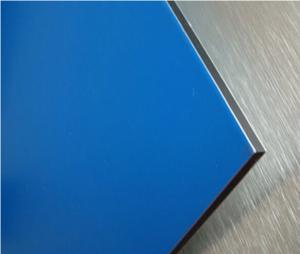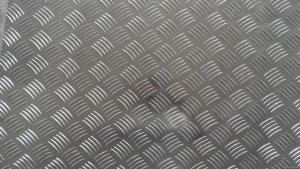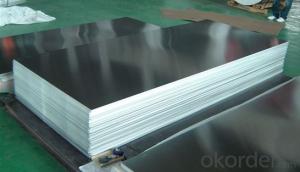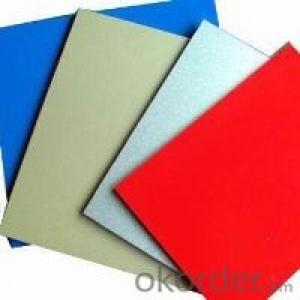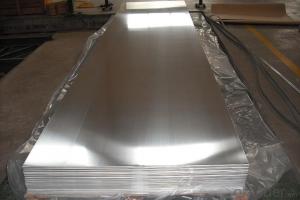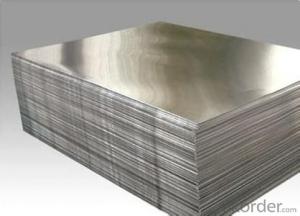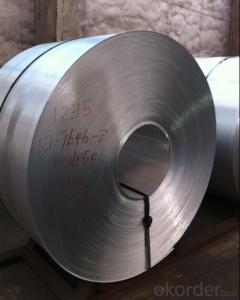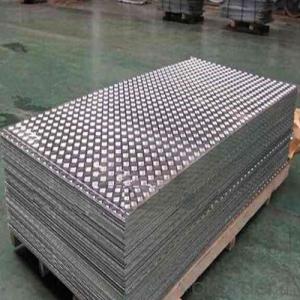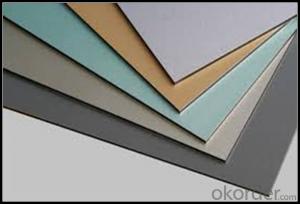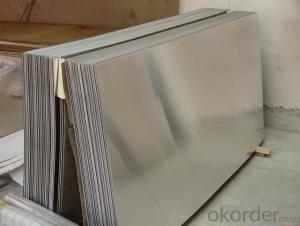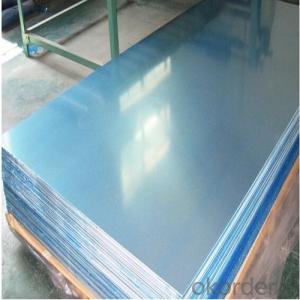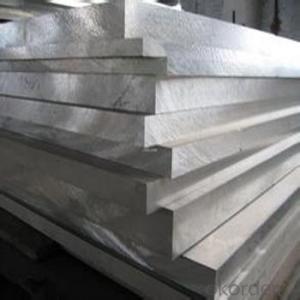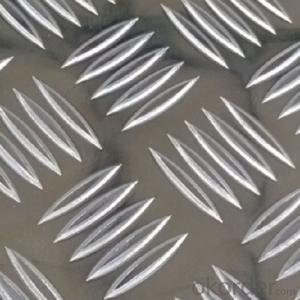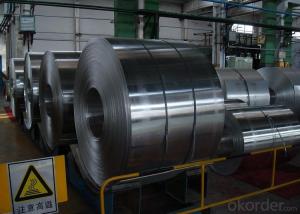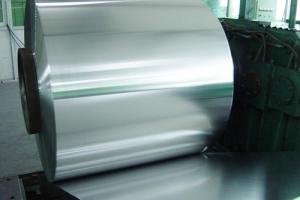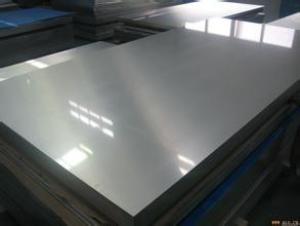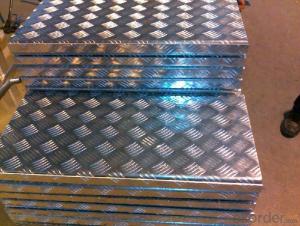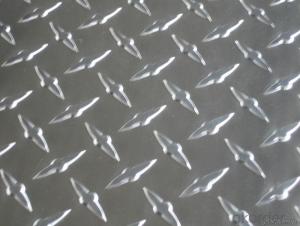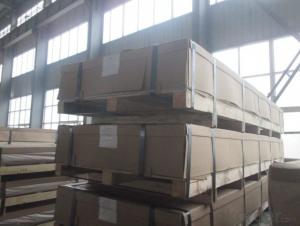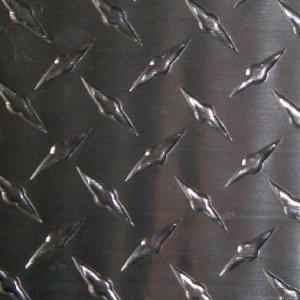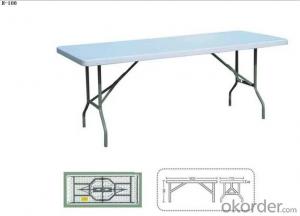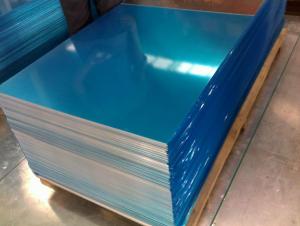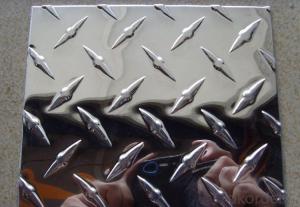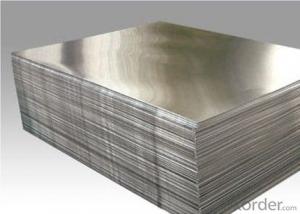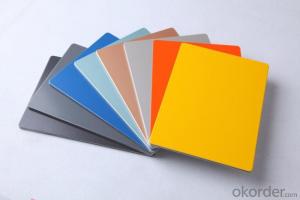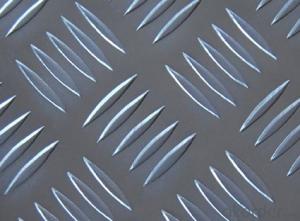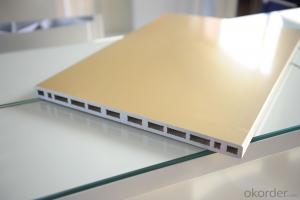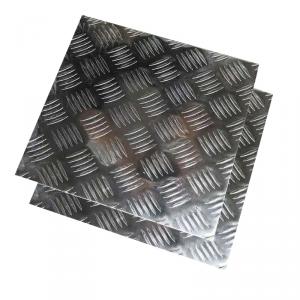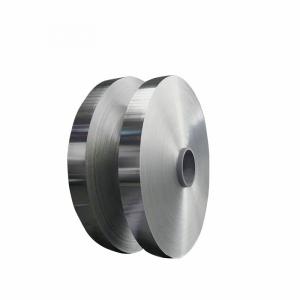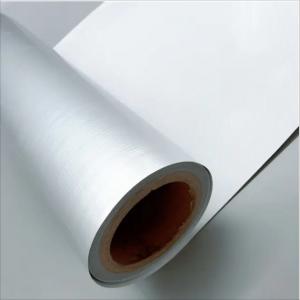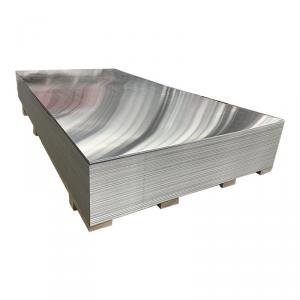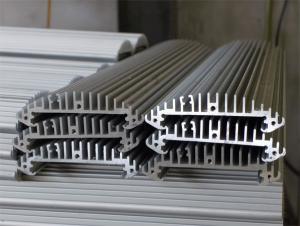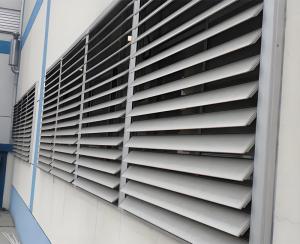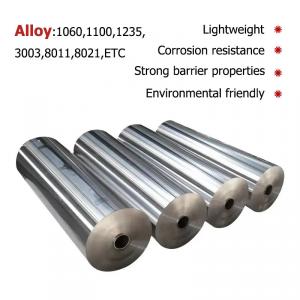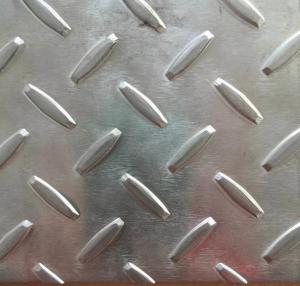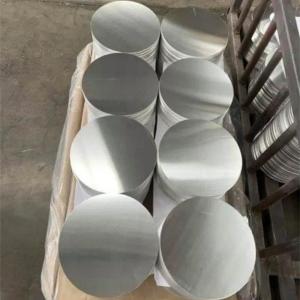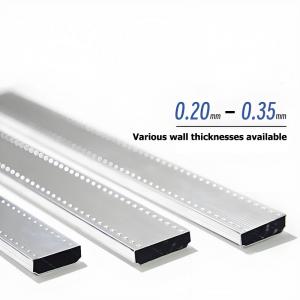Aluminum Sheet Plate
Aluminum Sheet Plate Related Searches
Aluminum Sheet And Plate Aluminum Sheet Diamond Plate Sheet Diamond Plate Aluminum Sheet Aluminum Diamond Plate Aluminum Checker Plate Sheet Diamond Plate Sheet Aluminum Sheet Of Diamond Plate Aluminum Aluminum Surface Plate Aluminum Tread Plate Sheet Checker Plate Aluminum Sheets Diamond Plate Aluminum Sheets Aluminum Paper Plate Tread Plate Aluminum Sheets Aluminum Wall Plate Polished Aluminum Sheet Aluminum Tread Plate Sheets Aluminum Square Plate Sheets Of Aluminum Diamond Plate Aluminum Floor Plate Rolled Aluminum Sheet Aluminum Foil Sheet Diamond Plate Aluminum Sheeting Aluminum Flat Plate Aluminum Tread Plate Sheet Metal Aluminum Push Plate Aluminum Metal Plate Aluminum Profile Plate Aluminum Cover Plate Aluminum Pressure Plate Aluminum Deck PlateAluminum Sheet Plate Supplier & Manufacturer from China
Aluminum Sheet Plate, a versatile and widely used metal product, is known for its lightweight, corrosion resistance, and high strength. It is available in various thicknesses, sizes, and finishes, making it suitable for a multitude of applications. This product is commonly utilized in industries such as construction, automotive, aerospace, and packaging, where its properties provide numerous benefits, including energy efficiency and durability. The diverse usage scenarios of Aluminum Sheet Plate range from architectural facades and transportation components to everyday household items and industrial machinery.Okorder.com is a reputable wholesale supplier of Aluminum Sheet Plate, offering a vast inventory to cater to the needs of various industries. With a commitment to quality and customer satisfaction, the company ensures that the products are manufactured to meet international standards and specifications. This extensive inventory allows Okorder.com to provide a reliable source for businesses seeking to incorporate Aluminum Sheet Plate into their projects or products.
